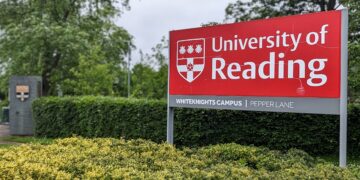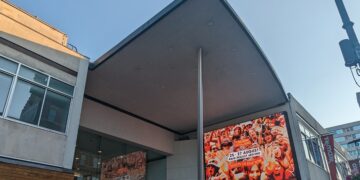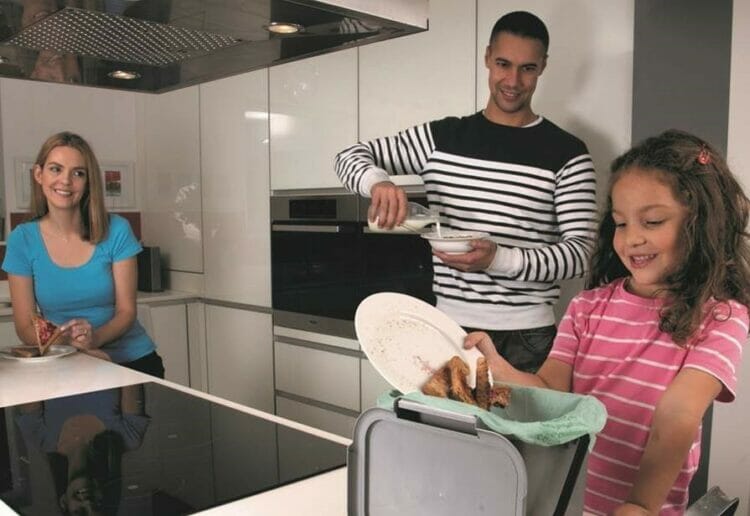
By Cllr Jason Brock
Every local councillor, no matter where they serve, will know that making any significant change to bin collection regimes in their local area is a risky business.
While the majority of council funding is funnelled into targeted services, like adults’ or children’s social care, bin collections are one of the few universal services relied on by absolutely everybody. If you are going to make changes, it’s important they are planned and delivered properly.
It’s even more important to take residents with you.
I know it’s something colleagues next door in Wokingham are grappling with at the moment, with various options on the table during a recent consultation.
In Reading, we made the move to alternate weekly collections – general waste one week and recycling the next – back in 2006. It was way before my time, but I can appreciate what a huge logistical operation it was.
Our more recent experience in Reading comes with the introduction of food waste collections. While Covid delayed the full rollout, an initial 3,000 ‘early adopter’ households began to benefit from doorstep collections in October 2020, and the main roll-out to 56,000 properties followed in February 2021, alongside the introduction of smaller 140-litre bins.
The idea was to reduce the amount of waste going to landfill by making is easier for people to recycle at home.
A 2019 ‘binfographic’ (is that a real word?) showed that, on average, less than one-third of grey bin capacity was actually taken up by general household waste. The rest was taken up by ‘rubbish’ which could be recycled or reused. By far the biggest culprit was food waste, which took up on average 41% of grey bin capacity.
It’s gone better than we thought. Reading’s overall recycling rate has shot up from 34% to 50.5% thanks to the introduction of food waste collections. At the same time, the amount of food waste in landfill bins has fallen from 41% to 23%.
There’s still a lot to do but it’s a good start. We now need to do more to encourage greater participation in a service which is already available to residents.
The next phase of the food waste rollout was communal and high- and low-rise flats. This began in June and is a particularly important, and challenging, piece of work in an urban environment like Reading.
I always chuckle when the recycling rates in leafy, spacious council patches in Berkshire or Oxfordshire are compared to those in tight-knit urban environments like Reading, with a high number of communal flats.
Let’s be honest, that’s not an even playing field.
There are around 14,000 households living in communal blocks in the town and we are delivering the change on a rolling basis, block by block. That’s because we know from experience that it’s very far from a one-size-fits-all solution. Before food waste collections can begin in each block of flats, an assessment takes place to determine the capacity needed for food waste, recycling, and residual waste.
Residents are then provided with recycling information leaflets and, at least two weeks before food waste collections begin, they are notified that food waste bins are being delivered and that collections will start soon.
Information includes a guide on how to use the new service and on the existing kerbside recycling scheme.
To date, our food waste caddies have been delivered to 42 blocks and 950 flats across Reading. Our recycling officers are busy knocking on doors to engage with residents one-to-one, explaining how to use the new bins and handing over a pack which includes an indoor kitchen caddy, a roll of liners and an information leaflet.
Knocking on the doors has enabled the recycling team to identify potential barriers that residents may as experience, such as language.
We know it’s a gradual process, but a very necessary one. We are putting in the legwork because we know this won’t work unless we take local residents with us.
It’s still too early to determine how well our food waste recycling scheme in flats will work longer term, but the early signs are encouraging.
In the meantime, I’d like to thank every single resident across the town for their participation in helping to make the food collection scheme in Reading such a success, driving up our recycling rates and reducing the amount of waste that gets buried in the ground.
And if you’ve not yet used your food caddy, I can’t think of a better New Year’s resolution than giving it a go (I can, actually, but not for the purposes of this column).
I’m personally looking forward to seeing more improvement in Reading’s ‘binfographic’ recycling figures this time next year.
Cllr Jason Brock is the leader of Reading Borough Council and ward member for Southcote
























